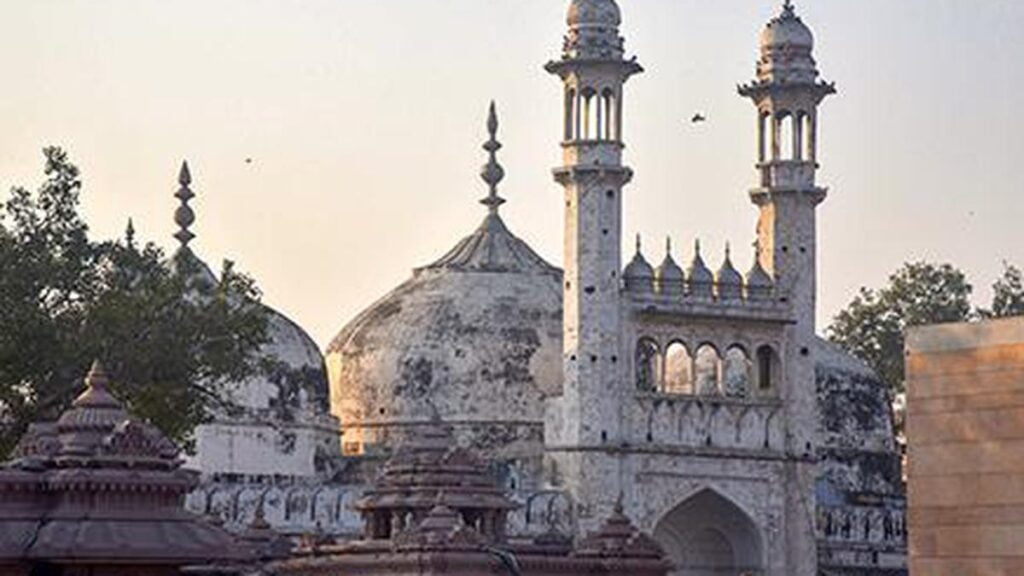Discover how the Allahabad High Court’s ruling declares the cessation of Hindu prayers in the Gyanvapi Mosque cellar illegal. Unveil the historical and legal intricacies surrounding the case, asserting the fundamental right to religious freedom.

The Allahabad High Court has determined that the cessation of Hindu prayers in the southern cellar (known as Vyas Tehkhana) of the Gyanvapi mosque, which had been ongoing since 1551 until 1993, was executed unlawfully by the State. The court emphasized that there was no written order to justify this action.
A bench led by Justice Rohit Ranjan Agarwal highlighted that there is strong preliminary evidence suggesting the continuous offering of Hindu prayers in the cellar by the Vyas family. The court further condemned the Uttar Pradesh government’s decision in 1993 to halt these prayers through an oral order, deeming it illegal.
The court referred to a 1937 civil court judgment in the Din Mohammad case, which acknowledged a map submitted by the State indicating the ongoing Hindu prayers in the cellar by the Vyas family. Additionally, a Commissioner’s report from 1996 mentioned a gate within the Gyanvapi compound being locked by Hindus, further supporting their claim of possession over the cellar.
Considering this evidence, the court concluded that the Muslim side failed to establish a prima facie case of possession over the cellar from 1937 to 1993. Conversely, the Hindu side demonstrated prima facie possession through the Vyas family since 1551.
Asserting the citizens’ right to freedom of religion under Article 25 of the Constitution, the court stressed that arbitrary actions by the State cannot infringe upon this fundamental right.
The court’s ruling upheld a January 31 Varanasi trial court order permitting Hindu prayers and rituals in the cellar of the Gyanvapi Mosque. This decision was made amid an ongoing civil court case regarding conflicting claims over the religious nature of the Gyanvapi compound.
The Hindu side contends that a portion of a temple within the compound was destroyed during Aurangzeb’s rule in the 17th century, while the Muslim side argues that the mosque predates Aurangzeb’s reign and has undergone alterations over time.
The High Court’s decision affirms the trial court’s order, rejecting the Muslim side’s challenge against it. The court dismissed claims that the order was improperly issued under Section 152 of the Code of Criminal Procedure (CrPC).
Addressing concerns about the appointment of a District Magistrate as the Court receiver overseeing the prayers in the cellar, the court ruled that it did not present a conflict of interest and upheld the appointment.
In conclusion, the court affirmed the continuation of Hindu prayers under the supervision of the appointed Receiver, emphasizing that the possession of the cellar was already transferred to the Receiver, and rituals had commenced as per the court’s directive.
However, the court clarified that it did not rule on issues regarding the limitation of the Hindu side’s suit or non-joinder of necessary parties, as these matters were not framed by the trial court.
Senior Advocate SFA Naqvi, along with advocates Syed Ahmed Faizan and Zaheer Asghar, represented the Muslim side, while advocates Hari Shankar Jain, Vishnu Shankar Jain, Prabhash Pandey, Pradeep Kumar Sharma, and Vineet Sankalp appeared for the Hindu side.